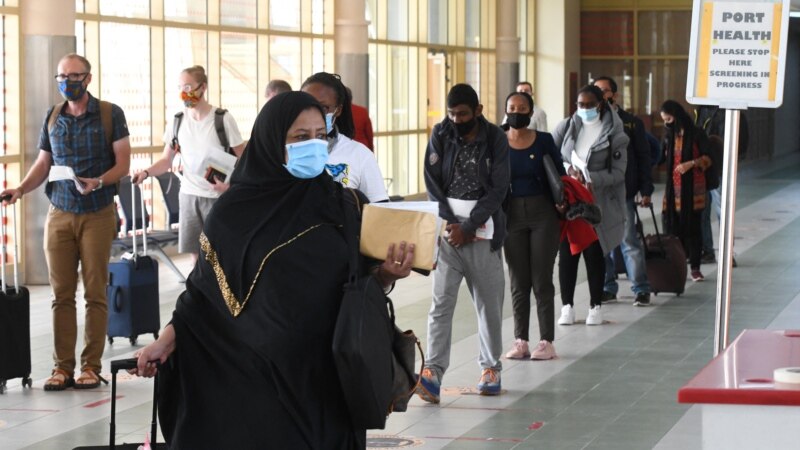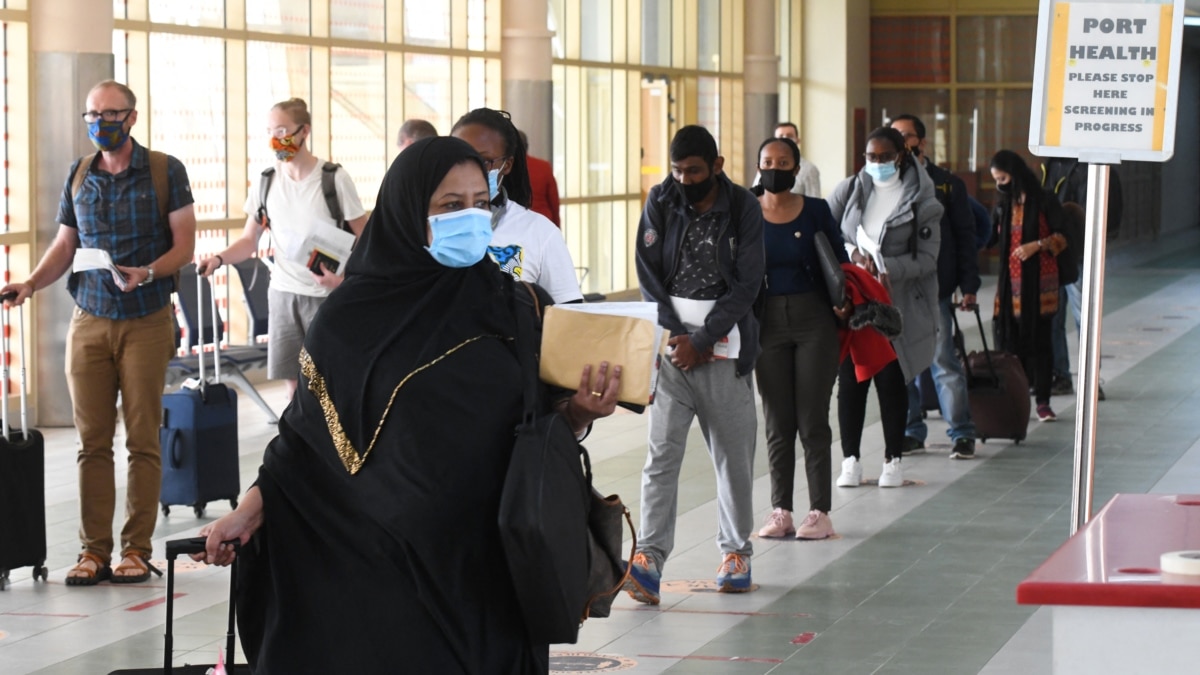This website uses cookies so that we can provide you with the best user experience possible. Cookie information is stored in your browser and performs functions such as recognising you when you return to our website and helping our team to understand which sections of the website you find most interesting and useful.


Kenyan authorities are training domestic workers who accept jobs in the Middle East about their rights after years of reported abuses there, including beatings, rapes and deaths.
It's been a year since Bernard Njenga learned his wife, Esther Thuku, had died in Saudi Arabia, where she had been a domestic worker for three years.
Saudi authorities reported that his wife had committed suicide at her employer's home, Njenga said, but he believes the mother of four was murdered.
Njenga said his wife's body did not have any marks that would show that she had hanged herself. It appeared the body had been buried because it was very dirty and looked like she had been stabbed on the left side, he added.
Kenyan authorities say that since November, at least 23 domestic workers have died while working in the Middle East. Most of those deaths occurred in Saudi Arabia, according to labor officials.
Saudi authorities have reported that all 23 of those deaths resulted from cardiac arrest.
In April of 2020, rights advocacy group Amnesty International reported that Kenyans who have jobs as domestic workers in the Middle East often complain of lack of payment, forced labor, physical abuse, rape and dangerous working conditions.
Now, Kenya is offering safety training for domestic workers who take jobs abroad.
"When you don't train them, basically, you are exposing them to a lot of exploitation and abuse," said Edith Murogo, director at East Africa Institute of Homecare Management in Nairobi. "Part of the training also includes labor rights awareness. They have to know how to bargain and talk to employees about decent terms and conditions of employment."
An estimated 30,000 Kenyans migrate to the Middle East to find work each year.
Kenya's cabinet secretary for labor, Simon Chelugui, said his department is working with Saudi officials on labor law reforms.
"We would want them also to upscale their law to protect workers and employers equally, not to discriminate and have the attitude of the employer is right always," Chelugui said. "Number two is the pay is reasonable and commensurate to the work."
VOA reached out to the Saudi embassy in Nairobi for comment on alleged mistreatment and deaths of Kenyan workers. In an email response, the embassy said the kingdom does not condone illegal and ill treatment of anyone and said Riyadh is working with Nairobi to protect citizens from any offense.
Meanwhile, officials say with an estimated 2 million young people graduating each year, according to national figures, and only about 800,000 new jobs, many Kenyans will continue to go abroad to find work.



 Africana55 Radio
Africana55 Radio 
